Music
At Shankhill School we want our children to love music. Our vision is to give children access to an engaging and fun music curriculum reflecting the world they live in now, but at the same time giving them access to musical styles throughout history. Children are able to listen and appraise a variety of musical styles alongside performing pieces and creating their own compositions through the use of technology. To achieve this all children access a variety of musical games, songs, instruments and extra-curricular activities giving them practical hands on experience.
We hope children continue to grow in confidence as they progress through the musical curriculum and become passionate in their responses to music. Added to this we want children to become more independent learners within this area, reflect upon their learning and develop resilience within the musical world.
As a school, these are our aims:
- To encourage awareness, enjoyment and appreciation of music in all its forms.
- To develop imagination and creativity.
- To help children of all abilities develop positive attitudes and to experience success and satisfaction in music.
- To offer opportunities to sing, play instruments, compose, listen and appraise.
CUSP Music is taught from Years 1 – 6. Across the year, each year group will focus on developing singing, playing a range of untuned and tuned instruments and building their knowledge about music. Pupils will build their knowledge and musical skills year on year, becoming more expert in playing and appraising a wide range of musical styles.
At Shankhill School, we will ensure our children become musicians by making sure they meet the National Curriculum expectations, to:
- perform, listen to, review and evaluate music across a range of historical periods, genres, styles and traditions, including the works of the great composers and musicians
- learn to sing and to use their voices, to create and compose music on their own and with others, have the opportunity to learn a musical instrument, use technology appropriately and have the opportunity to progress to the next level of musical excellence
- understand and explore how music is created, produced and communicated, including through the interrelated dimensions: pitch, duration, dynamics, tempo, timbre, texture, structure and appropriate musical notations
In EYFS, children represent their own ideas, thoughts and feelings through design and technology, art, music, dance, role-play and stories. Children learn and sing a range of nursery rhymes, move to and talk about music and sing in a group or on their own, increasingly matching the pitch and following the melody. Children also play instruments with increasing control to express their feelings and ideas. They have access to a range of musical instruments as part of child led continuous learning.
Key Stage 1 and 2 use CUSP as a model, making connections where meaningful and purposeful. Teaching in KS1 focuses on tuned and untuned percussion before moving onto studying a range of musical instruments in KS2 and mastering the glockenspiel (lower KS2) and keyboard (upper KS2).
Our school has recently invested in a wide range of musical instruments including electric guitars, keyboards and ukuleles. This has allowed children a greater choice of instruments to learn and experience playing. There is an opportunity for children to access music tuition within school taught by an experienced peripatetic teacher and a music after school club is provided one day a week. Children participate in whole school musical productions and performances where they learn new songs and perform to an audience.



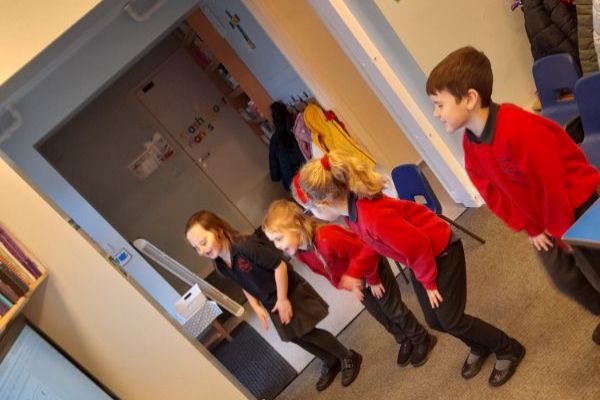
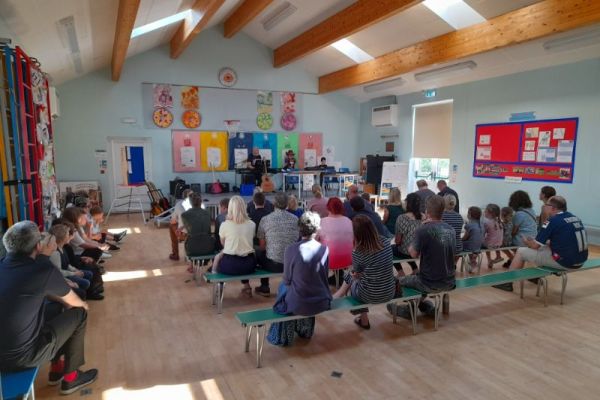
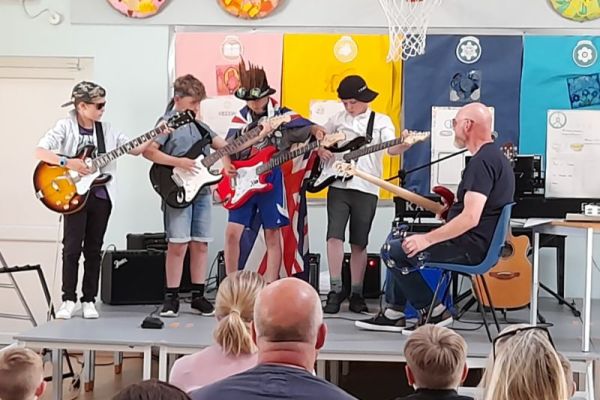
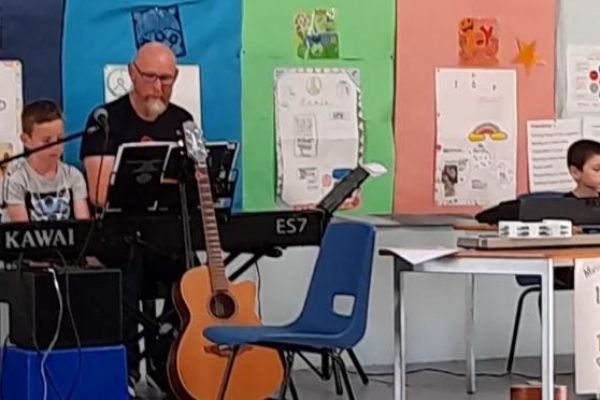
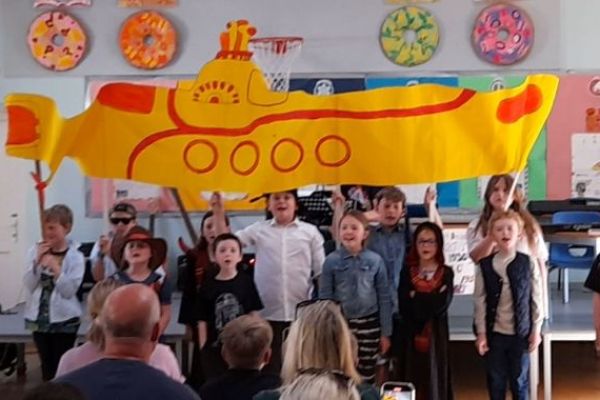
 Music
Music